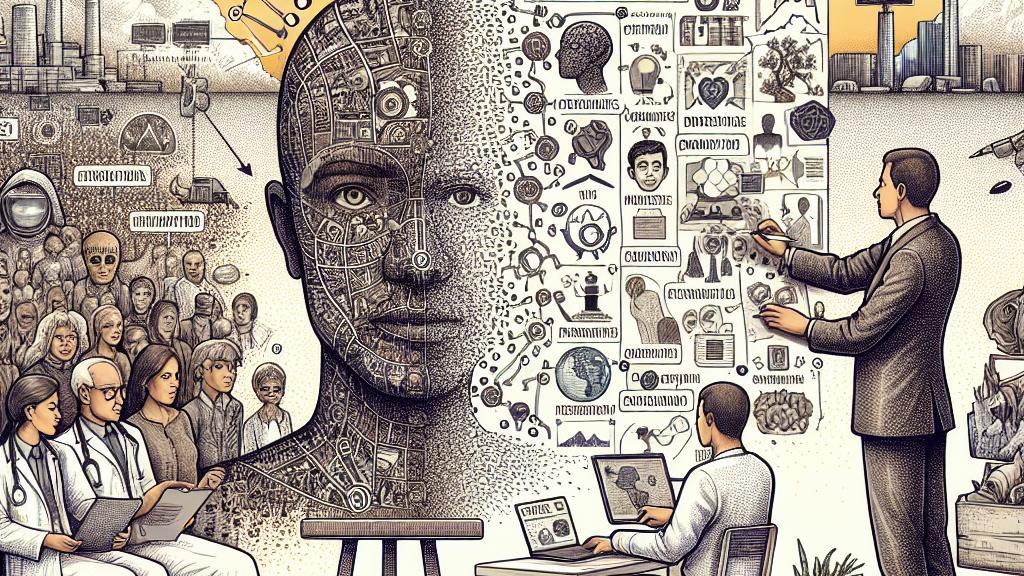OpenAI's Bold Shift to a For-Profit Company
Overview
- OpenAI is pivoting from a non-profit to a for-profit structure.
- This strategic change is aimed at securing essential funding for groundbreaking AI developments.
- The non-profit division will continue focusing on vital charitable initiatives.

Understanding OpenAI's Transition
In a groundbreaking announcement made in December 2024, OpenAI, the trailblazing AI organization based in the United States, revealed its ambitious plan to transition from a non-profit entity to a for-profit corporation. Founded in 2015 with a noble vision of advancing artificial intelligence for societal benefit, OpenAI has garnered global attention, especially with innovations like ChatGPT. However, developing advanced technologies is a costly endeavor—one that has proved challenging under a non-profit model. Now, by adopting the status of a public benefit corporation, OpenAI aims to unlock fresh funding opportunities. This change is not merely a strategic shift; it equips them to compete robustly in the tech landscape and innovate effectively—enabling unprecedented advancements in various fields, such as healthcare diagnostics, personalized education, and climate solutions.
The Impact of This Change
The implications of OpenAI’s transformation are vast and significant. For example, with increased access to capital, OpenAI can pursue ambitious projects like machine learning algorithms that enhance medical imaging technology, vastly improving how doctors diagnose illnesses. Imagine AI systems sifting through mountains of data, detecting patterns faster than a human ever could, thereby saving lives. Furthermore, OpenAI reassures its audience that it will maintain a non-profit wing dedicated to charitable initiatives. Education, health, and scientific research will still be prioritized, exemplifying a hybrid model that marries profit with purpose. This dual approach not only highlights OpenAI's commitment to meaningful innovation but also reinforces the idea that technological progress can—and should—go hand in hand with social responsibility.
Challenges Ahead
Despite its promising direction, OpenAI's leap into the for-profit arena is fraught with challenges. Elon Musk, an original co-founder, has raised serious concerns regarding the potential for anti-competitive practices arising from this profit-driven focus. Such criticisms underscore the ethical complexities that must be navigated in the bustling world of AI. As they venture forth, OpenAI needs to create transparent guidelines and safeguards to ward off any misuse of its potent technologies. The stakes have never been higher; the balance between profitability and ethical standards is delicate and requires unwavering dedication. Ultimately, OpenAI's transition is not just a story of corporate strategy; it's a pivotal moment that could shape the future of artificial intelligence and its societal implications.

Loading...